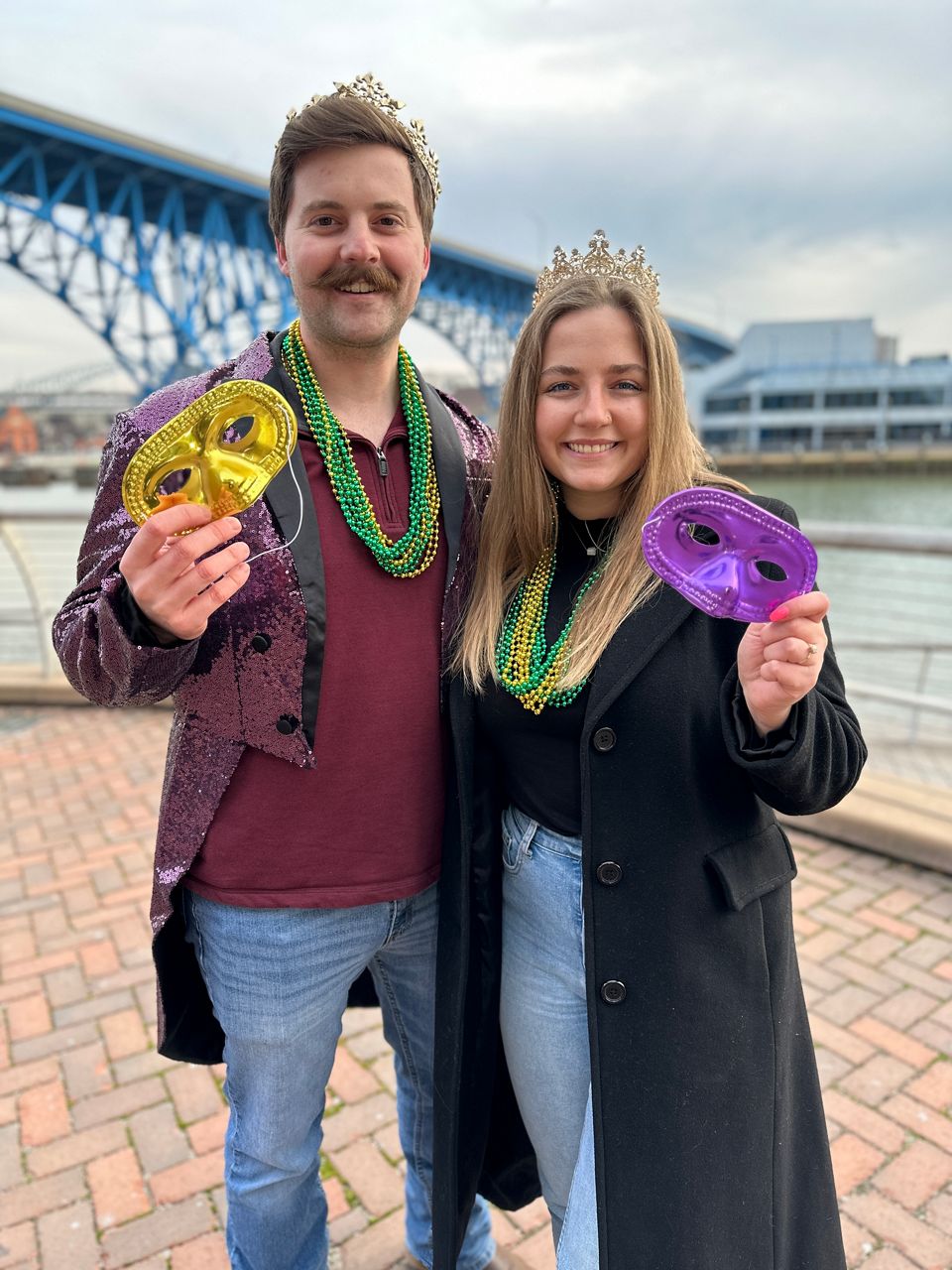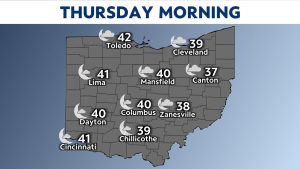Ukrainian President Volodymyr Zelenskyy urged Western allies Friday to quicken their military support for Ukraine, warning at a major international security conference that delays would play into Russia’s hand as the invasion approaches its first anniversary.
What You Need To Know
- Ukrainian President Volodymyr Zelenskyy is urging Western allies to quicken their military support for Ukraine
- He warned Friday at a major international security conference that delays would play into Russia’s hand as the invasion approaches its first anniversary
- He told the Munich Security Conference in Germany there is no alternative to speed, because it’s speed that life depends on
- On the sidelines, U.S. Vice President Kamala Harris met Friday with German Chancellor Olaf Scholz and French President Emmanuel Macron
“There is no alternative to speed, because it’s speed that life depends on,” Zelenskyy told the Munich Security Conference in Germany.
Ukraine depends on Western weapons to thwart Russian President Vladimir Putin’s ambition to seize control of large areas of the country. The military aid has become a test of foreign governments’ resolve amid increasing financial costs.
About 40 heads of state and government, as well as politicians and security experts from almost 100 countries are due to attend the three-day gathering amid fears that the fighting in Ukraine could invite a new Cold War.
In his plea for more Western weapons, Zelenskyy compared Ukraine’s struggle against the Russian invasion to the biblical fight between David and Goliath, saying his country had David’s courage but needed help getting the sling.
Zelenskyy vowed that his country would ultimately prevail over Moscow’s aggression — and even predicted that victory would happen this year. But he warned that Russia “can still destroy many lives.”
“That is why we need to hurry up,” Zelenskyy said. “We need the speed.”
Zelenskyy portrays Ukraine as defending Western values of freedom and democracy against tyranny and argues that his country needs to be properly equipped to fend off Russia’s much bigger force. Western countries have sided with him, but at times they have been slow to meet his requests.
German Chancellor Olaf Scholz, who has been one of Ukraine’s main backers, renewed pledges to help but also insisted that Kyiv’s allies must not be hasty.
“For all the pressure to act that there doubtless is, in this decisive question, care must come before rushing, cohesion before solo performances,” said Scholz, who has hesitated before taking new steps to help Ukraine.
Berlin agreed last month to deliver German-made Leopard battle tanks to Ukraine and to grant other countries permission to do the same. German officials, who faced heavy pressure to send the Leopards, have since indicated that they are disappointed other countries have not offered more armor.
Scholz urged “all who can deliver such battle tanks” to do so. He said Germany will do what it can “to make this decision easier for our partners,” for instance by training Ukrainian soldiers or helping with logistics.
The need to supply Ukraine with billions of dollars’ worth of military aid has sometimes strained allied countries. After receiving Western pledges of tanks and more ammunition, Kyiv is now hoping for fighter jets, but some countries have balked at sending them.
French President Emmanuel Macron endorsed Zelenskyy’s appeal.
“We must collectively be credible,” Macron told the gathering, “because it’s the only way to make Russia come back to the negotiating table in an acceptable manner and build a sustainable peace. That is: at a time and under conditions to be chosen by Ukrainians.”
For the first time in two decades, conference organizers did not invite Russian officials to Munich. It was the latest snub as Western countries seek to isolate Russia diplomatically over the invasion that began on Feb. 24, 2022.
On the sidelines, U.S. Vice President Kamala Harris met Friday with Scholz and Macron.
She greeted Macron in front of reporters and said they would discuss “our commitment as a partner to the people of Ukraine and many other issues.” Harris added that “our continuing conversation … is a testament to the friendship and the partnership” of the two nations “over many generations.”
Macron thanked Harris for the United States’ “commitment to the security of this continent.”
According to a readout of the meeting provided by her office, the two leaders “reaffirmed the importance of continued support for Ukraine and imposing costs on Russia for its brutal invasion,” in addition to discussing “the strength of NATO and U.S.-European relations.”
Harris, her office said, “reaffirmed that the United States would support Ukraine for as long as it takes, and they discussed next steps in our united response.”
The two leaders also touched on challenges posed by China, economic growth in Africa and cooperation when it comes to battling climate change.
Harris and Scholz only posed for a photo before holding their discussions behind closed doors. The vice president did not answer any questions shouted by the press before either meeting.
Similar to her meeting with Macron, Harris and Scholz discussed climate change, China, and Russia’s ongoing invasion of Ukraine.
In particular, Harris “thanked Chancellor Scholz for his global leadership” and “welcomed Germany’s historic defense investments and strong humanitarian, economic, and security assistance for Ukraine, including Germany’s provision of Leopard tanks and budgetary support for Ukraine
She later hosted a reception with members of the U.S. congressional delegations and Secretary of State Antony Blinken.
At the same conference last year, held just days before Putin sent troops into Ukraine, Harris shared U.S. warnings that Russia was about to attack its neighbor, saying: “Not since the end of the Cold War has this forum convened under such dire circumstances.”
In a speech scheduled for Saturday, the vice president will lay out what’s at stake in the war and why it matters, to bolster the case for maintaining U.S. support for Ukraine for as long as it takes, the White House said.
Frans Timmermans, the executive vice president of the European Union’s executive commission, said the 27-nation EU so far has maintained unity on the issue.
Timmermans also expressed hope that China could pressure Russia to end the war.




